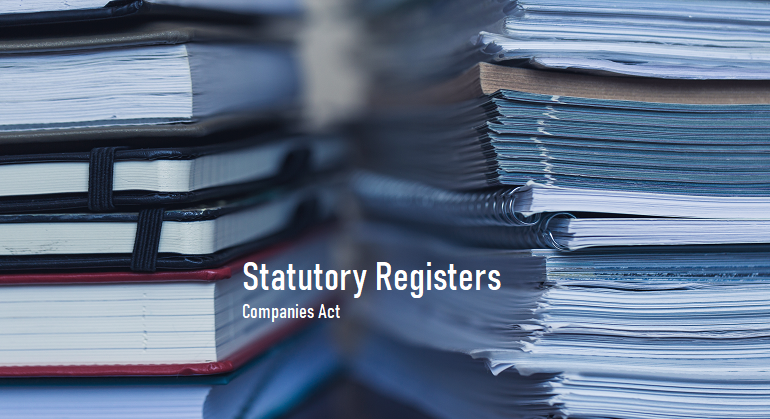Is the Term Sheet Legally Enforceable? Understanding legal status of Term Sheet
When negotiating an investment deal, the term sheet plays a critical role in outlining the key terms and conditions agreed upon by the investor and the entrepreneur. However, there is often confusion surrounding the legal status of a term sheet. Many entrepreneurs wonder whether the term sheet is legally binding or merely a non-binding expression of intent. In this blog, we will delve into the legal enforceability of a term sheet and shed light on its significance in the investment process.
Nature of the Term Sheet
A term sheet is typically viewed as a preliminary document that outlines the basic terms and conditions of an investment. It serves as a framework for further negotiations and lays the groundwork for drafting the final legal agreements, such as the investment agreement and shareholders' agreement. While it is not the final binding agreement itself, the term sheet does carry legal implications that need to be carefully considered.
Intentions of the Parties
The legal enforceability of a term sheet largely depends on the intentions of the parties involved. In most cases, term sheets are considered to be non-binding, indicating that neither party is legally obligated to proceed with the investment based solely on the terms outlined in the document. However, this can vary based on the specific language and provisions stated in the term sheet.
Binding vs. Non-Binding Clauses
The enforceability of a term sheet can also depend on whether certain clauses within the document are designated as binding or non-binding. Some key clauses, such as confidentiality, exclusivity, and costs, are commonly treated as binding provisions. These clauses outline the responsibilities and obligations of the parties during the negotiation process and are generally expected to be upheld.
On the other hand, substantive terms, such as valuation, ownership, and governance provisions, are typically considered non-binding. These terms are subject to further negotiation and are usually more thoroughly addressed in the final legal agreements. However, it is essential to note that even non-binding terms can have persuasive influence on the final agreements and can set the expectations for the deal.
Exceptions: Letters of Intent and No-Shop Provisions
In certain situations, the term sheet may be elevated to a legally binding document. This occurs when the term sheet is explicitly labeled as a letter of intent (LOI) or when the parties agree to include specific binding provisions. An LOI typically outlines the preliminary terms and expresses the parties' intention to proceed with the investment. In such cases, the terms stated in the LOI may carry legal weight, and breaching them could result in legal consequences.
Additionally, no-shop provisions are sometimes included in term sheets to prevent the entrepreneur from seeking or engaging in discussions with other potential investors for a specified period. These provisions are often binding and can limit the entrepreneur's ability to pursue alternative investment opportunities.
Legal Counsel and Definitive Agreements
Entrepreneurs are strongly advised to seek legal counsel when drafting or reviewing a term sheet. An experienced attorney can provide guidance on the legal implications of the document and help navigate the negotiation process. They can also assist in drafting the final definitive agreements that will govern the investment.
It is important to note that the final legally binding agreements, such as the investment agreement and shareholders' agreement, supersede the term sheet. These agreements provide more comprehensive and detailed provisions that protect the rights and obligations of all parties involved.
Conclusion
While a term sheet is generally considered non-binding, its legal enforceability depends on the intentions of the parties and the specific provisions stated within the document. Entrepreneurs should approach the term sheet with caution and seek legal counsel to understand the implications of each clause.
Although the term sheet is not the final binding agreement, it sets the foundation for further negotiations and helps establish the framework for the investment deal. The substantive terms outlined in the term sheet can influence the direction of the negotiations and serve as a basis for drafting the final legally binding agreements.
Ultimately, entrepreneurs should view the term sheet as a critical document that guides the investment process and sets the expectations for both parties. While it may not be legally enforceable in its entirety, it is essential to approach the negotiation and drafting of the term sheet with care to ensure a smooth transition to the final definitive agreements and a successful investor-founder relationship.











